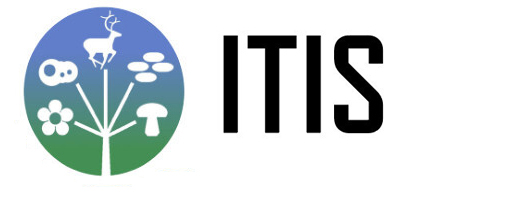

Integrated Taxonomic Information System - Report |
||
Largidae
Amyot and Serville, 1843
Taxonomic Serial No.: 108198
Taxonomy and Nomenclature
|
Taxonomic Hierarchy
|
References
|
Geographic Information
|
Comments
|
|
|||||||||||||||||||||||||||||||||||
|
Disclaimer: ITIS taxonomy is based on the latest scientific consensus available, and is provided as a general reference source for interested parties. However, it is not a legal authority for statutory or regulatory purposes. While every effort has been made to provide the most reliable and up-to-date information available, ultimate legal requirements with respect to species are contained in provisions of treaties to which the United States is a party, wildlife statutes, regulations, and any applicable notices that have been published in the Federal Register. For further information on U.S. legal requirements with respect to protected taxa, please contact the U.S. Fish and Wildlife Service. |